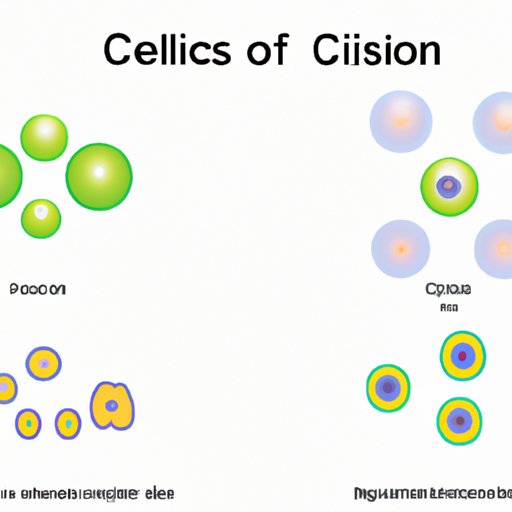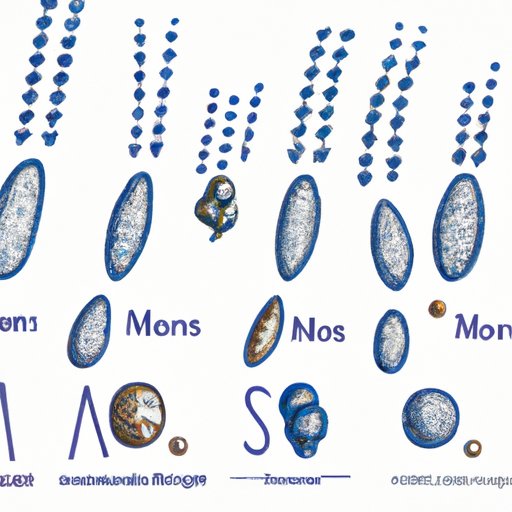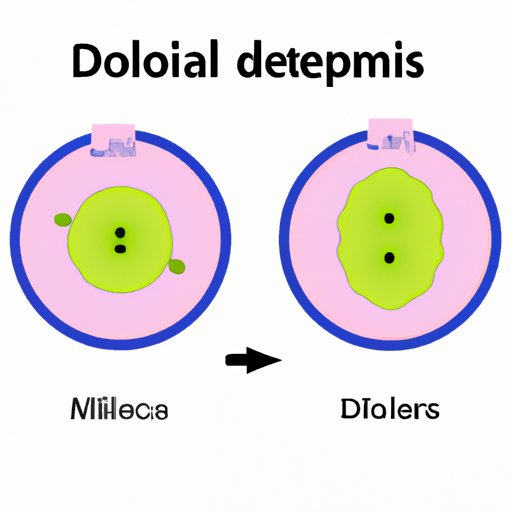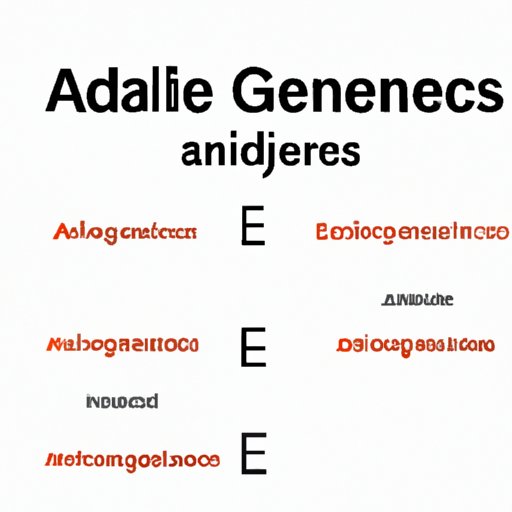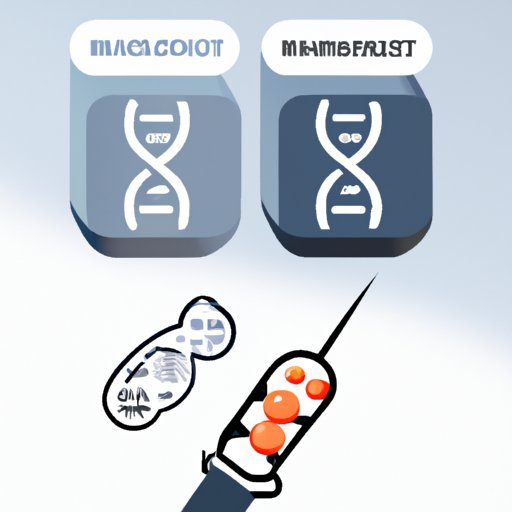This article explores the key differences between binary fission and the eukaryotic cell cycle, with a particular focus on the implications of the absence of a key cell cycle event in binary fission. Readers will learn about factors that influence the evolution of cell division processes, DNA replication and cell division in binary fission, implications of binary fission for cellular differentiation and specialization, and genetic variation generated by binary fission and eukaryotic cell division.
The Two Processes That Increase Genetic Variation: Mutation and Meiosis
This article describes the importance of genetic variation and how it is increased by two major processes, mutation and meiosis. It explores the mechanisms behind these processes and their impacts on genetic diversity, as well as the role of environmental stimuli and evolutionary processes. It concludes with recommendations for further research and study of genetic variation in various organisms.
Exploring the Unique Features of Diploid Cells During Meiosis
Learn how diploid cells, homologous chromosomes, crossing over, and independent assortment contribute to genetic diversity during meiosis and how they contribute to sexual reproduction and help in to treat genetic disease.
The ABCs of Alleles: Understanding Genetic Variation and Its Implications
This article explores the basics of alleles, how they impact inheritance and evolution, and their significance in medical research. Learn about the role of genetic variation in our traits, the impact of random distribution in populations, and the implications of homozygous alleles.
The Criteria for Natural Selection: Exploring Evolutionary Processes and Factors
This article explores natural selection, its criteria, and its significance in evolutionary processes. Emphasis is given to genetic variation, selective pressures, environmental factors, artificial selection, natural selection in different ecosystems, and the emergence of new species.
The Impact of Different Selection Types on Genetic Variation
Understanding how different types of selection can influence genetic variation in populations is crucial for conservation and breeding programs. This article explores the science behind genetic variation and its linkage to different selection types.
